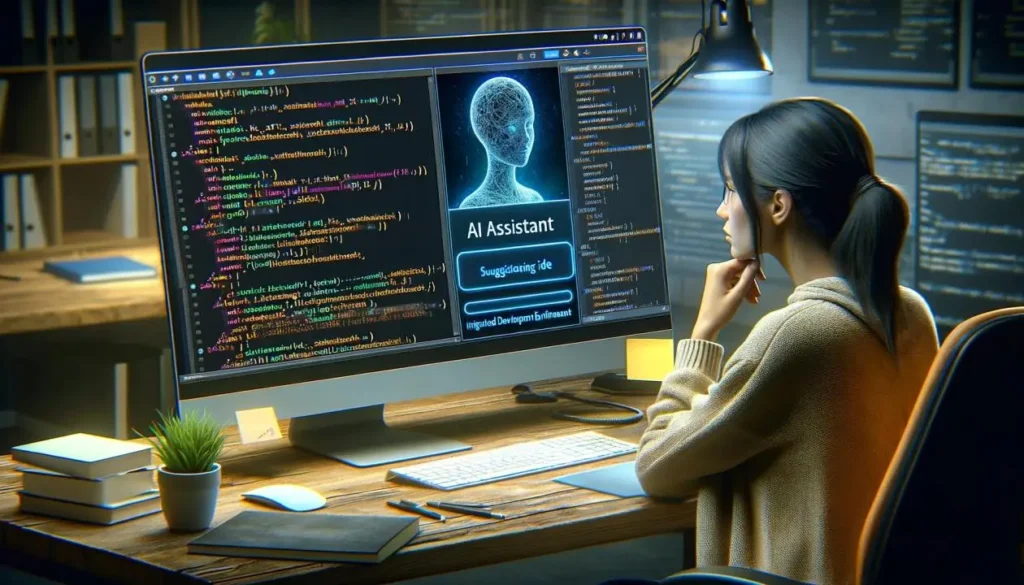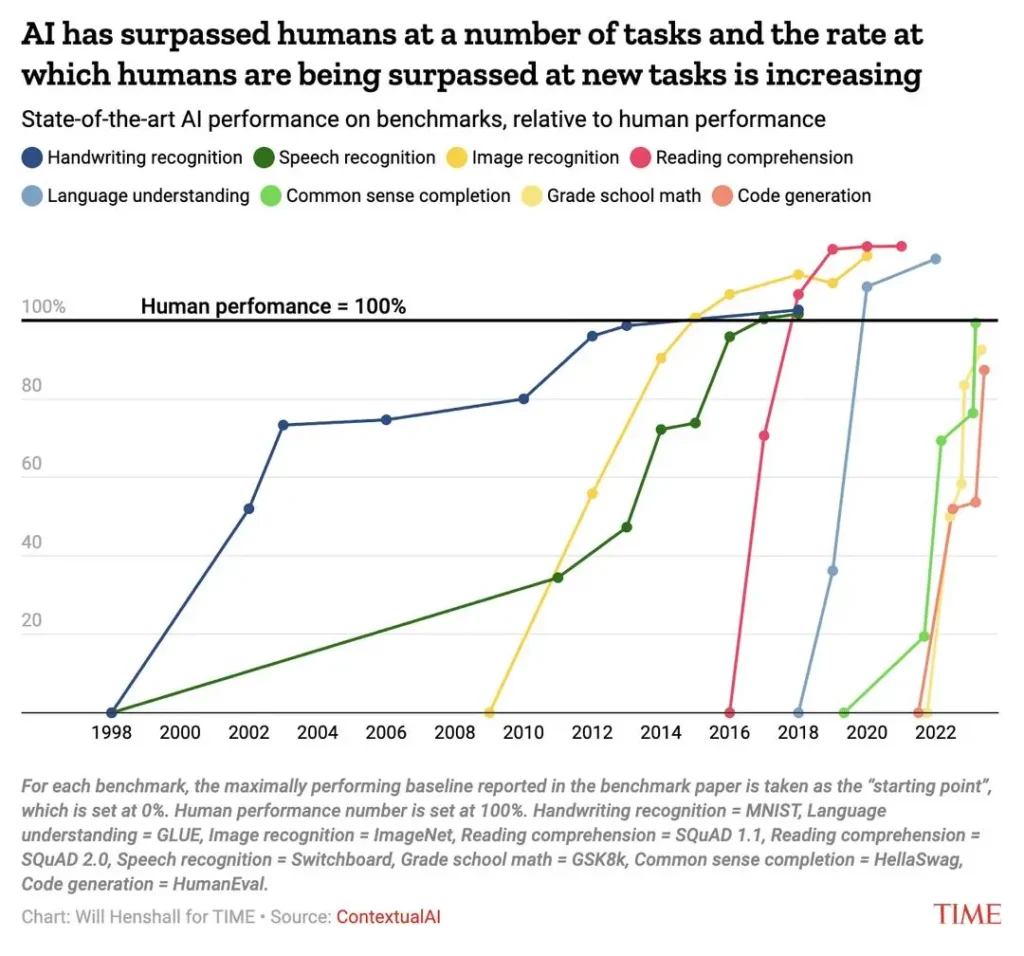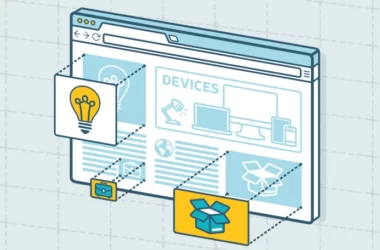AI Tools in Coding: Enhancing Efficiency and Addressing Limitations
In the rapidly evolving landscape of software development, artificial intelligence (AI) tools have emerged as powerful allies for programmers. As of 2024, these advanced technologies are revolutionizing the coding process, offering unprecedented levels of assistance and automation. From code generation to debugging and task management, AI tools are reshaping how developers approach their work, promising increased efficiency and improved code quality.

Among the latest AI tools enhancing coding productivity are Tabnine, DeepCode, GitHub Copilot, and Amazon CodeWhisperer. These advanced systems leverage machine learning algorithms to offer real-time code suggestions, generate code snippets, and even complete entire code blocks. By analyzing vast amounts of existing code and learning from patterns, these tools can significantly speed up the development process and reduce the likelihood of errors.
The efficiency gains provided by AI tools are substantial. They excel at automating repetitive tasks, such as generating boilerplate code and refactoring existing code. This automation allows developers to focus on more complex and creative aspects of software development. Additionally, AI-powered code analysis can detect potential bugs and vulnerabilities early in the development cycle, saving time and resources that would otherwise be spent on debugging later.
| AI Tool | Key Features |
| GitHub Copilot | Context-aware code completion, code block generation |
| Amazon CodeWhisperer | AWS-specific suggestions, multi-language support |
| OpenAI Codex | Natural language interpretation, code generation |
| DeepCode | Real-time code analysis, bug detection |
Despite their impressive capabilities, AI coding tools are not without limitations. As of 2024, these tools still struggle with general-purpose debugging and complex, domain-specific challenges. They rely heavily on human developers for tasks that require deep contextual understanding or innovative problem-solving. It’s crucial to recognize that AI tools are more effective as assistants that enhance productivity rather than as replacements for human developers.\

One significant limitation of AI coding tools is their lack of creativity and ability to think outside predefined patterns. While they excel at generating code based on existing patterns and rules, they struggle with truly innovative solutions or addressing unique, context-specific problems. This limitation underscores the continued importance of human creativity and problem-solving skills in software development.
Another concern is the potential for bias and error amplification. AI models are trained on existing codebases, which may contain biases or errors. As a result, these tools can inadvertently perpetuate or even amplify these issues in the code they generate. This highlights the need for careful oversight and review of AI-generated code by experienced developers.
The use of AI tools in coding also raises ethical and legal questions. Issues surrounding code ownership, licensing, and accountability for AI-generated code are still being debated. Additionally, there are concerns about potential job displacement as AI tools become more sophisticated, although current evidence suggests that these tools are more likely to augment human developers rather than replace them entirely.
| Limitation | Description |
| Lack of Creativity | Struggle with innovative solutions |
| Bias Amplification | Can perpetuate existing biases in code |
| Skill Erosion | Risk of over-reliance reducing core skills |
| Ethical Concerns | Issues with ownership and accountability |
| Security Risks | Potential for introducing vulnerabilities |
Despite these limitations, the future of AI in coding looks promising. As these tools continue to evolve, they are likely to become more sophisticated in handling complex tasks and understanding context. However, the most effective approach will likely be a balanced one, combining the strengths of AI tools with human expertise. This synergy can lead to unprecedented levels of productivity and innovation in software development.
To maximize the benefits of AI coding tools while mitigating their limitations, developers and organizations should adopt a strategic approach. This includes investing in training to use these tools effectively, maintaining core programming skills, and implementing robust review processes for AI-generated code. By doing so, the software development industry can harness the power of AI while ensuring the continued importance of human creativity and expertise.
In conclusion, AI tools are undoubtedly enhancing coding productivity and efficiency in 2024. They offer valuable assistance in code generation, bug detection, and task automation. However, they also come with limitations that require careful consideration. As the field continues to evolve, the most successful approach will likely be one that leverages the strengths of both AI and human developers, leading to more innovative, efficient, and high-quality software development processes.










1 comment